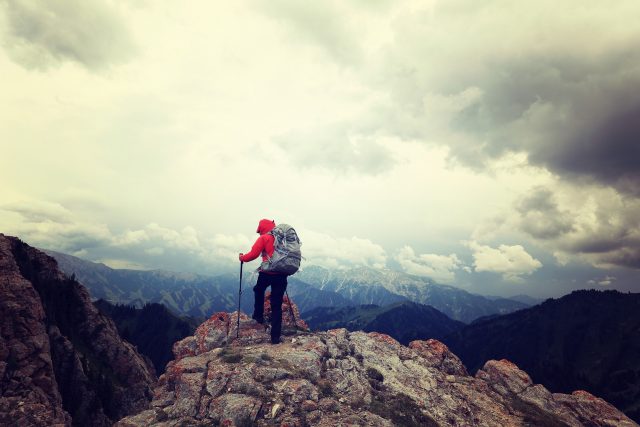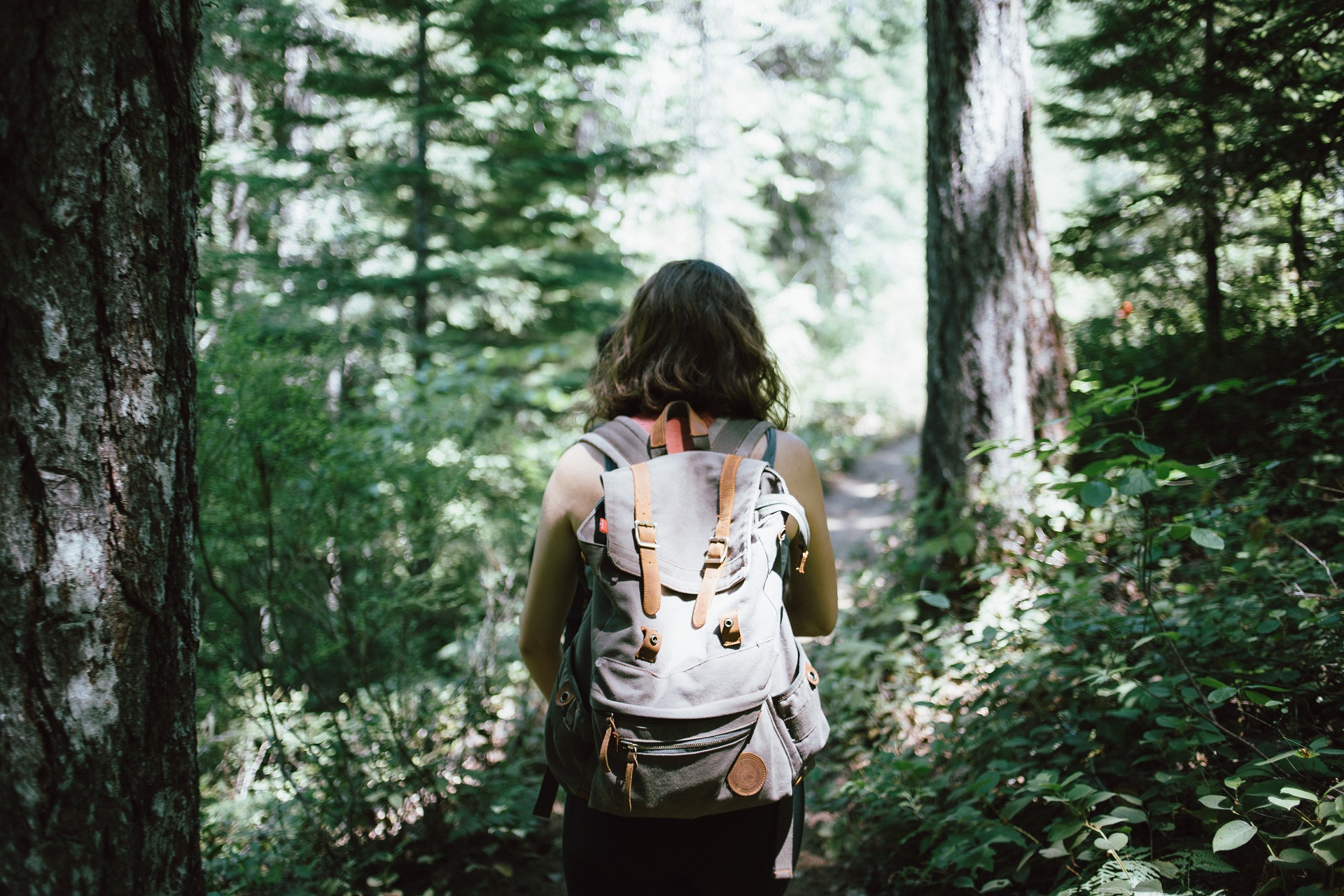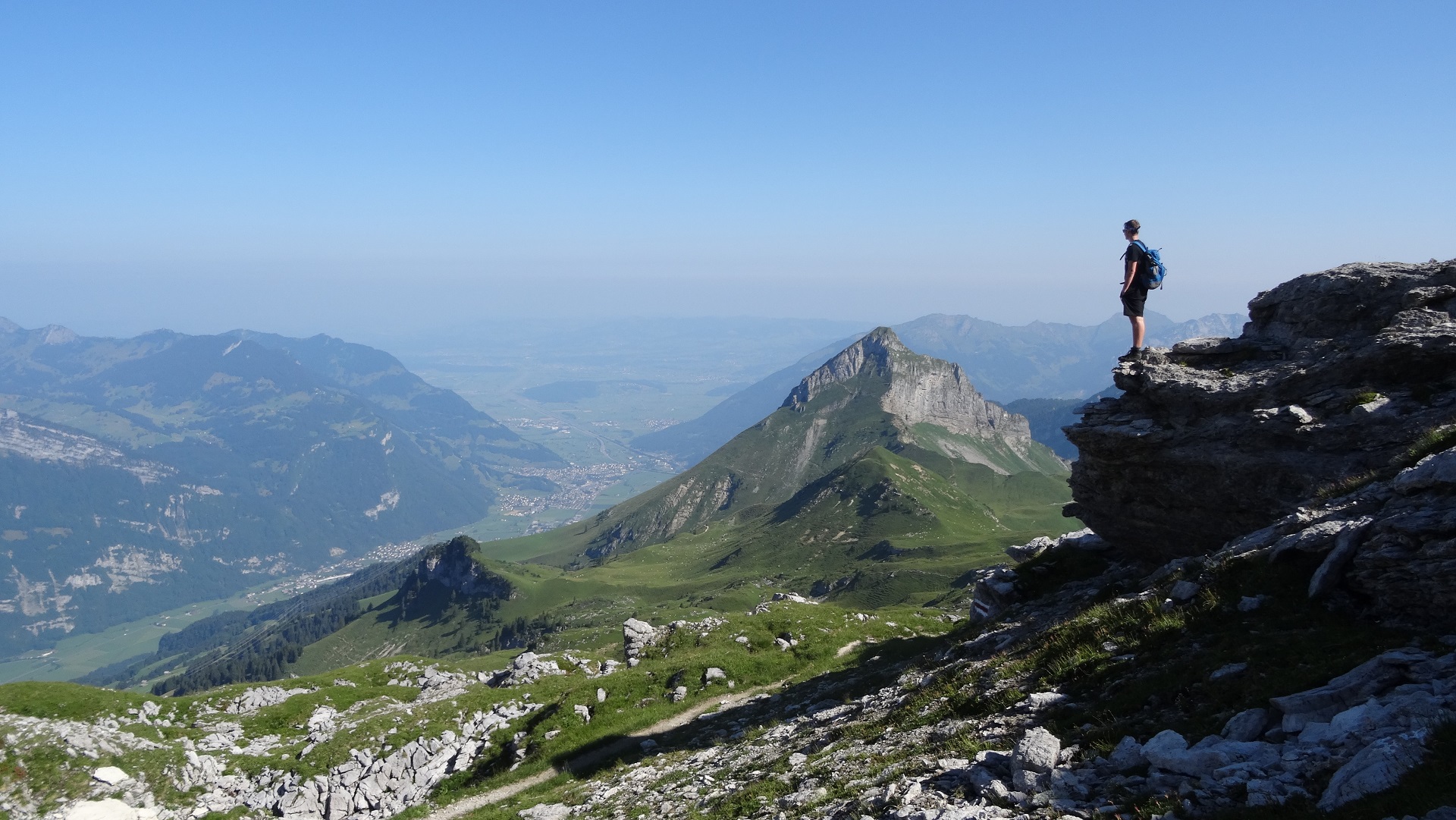Indiahikes.com is an Indian trekking community that explores and documents treks. The organization also pioneered the Green Trails initiative that hopes to make trekking a more sustainable activity in various ways, involve locals in the process, improve waste management and more. Here is all you wanted to know about Green Trails and projects undertaken.
Beginners as well as seasoned hikers would do well to pay indiahikes.com a visit. The organization has made great treks accessible for a great many Indian states: the Rupin Pass, the Kashmir Great Lakes trek, Everest Base Camp, Buran Ghati, Roopkund and many more, and now recently, the Gaumukh Tapovan and the Kanchenjunga Base Camp. They document treks and offer valuable information and other resources; they have also put in place certain protocols and safety mechanisms that have made it safer to trek in India. Find out about upcoming treks, know about trekking equipment and trek leaders as well as how to take care of the environment and minimize the negative impacts on it.
What is Green Trails?
In a bid to make trekking a more sustainable and eco-friendly activity, various innovations have been put into place such as rainwater harvesting systems, eco-bags, Biodigesters (like a composter but in addition to compost, it produces biogas as well), alternative composting toilets and so on. Green Trails also involves local communities, particularly schoolchildren, in projects relating to waste management and recycling.
The aim is to leave zero amount of waste in the wake of a trek. To this end, the organization ensures that all waste produced during treks is upcycled (reusing used objects or using them for purposes other than originally intended) or recycled. This would mean that pillows are made from plastic waste, paper waste is recycled and used foam mats repurposed as seats. The pollution of our mountains is a very serious issue; waste management systems are often woefully inadequate. With tourists throwing around water bottles and food packets with scant regard to the environment or the local inhabitants, collection and segregation of waste is vital. Green Trails endeavors to effectively manage the dry waste produced. Innovative methods of disposal are used for food and human waste as well.
How the Green Trails projects make a difference on the ground
Apart from collection and segregation of waste and innovative disposal of human waste, Green Trails also involves itself with other initiatives such as eco-friendly alternatives to washing and cleaning. Rainwater harvesting and reducing plastic waste is also implemented. They are also constantly looking for new ideas and solutions to problems. Some heartening stories include:
- Standardization of trekking dos and don’ts: Trekkers are encouraged to keep their backpack lean, carry only necessities and shoulder their own backpacks to prevent the additional ecological cost of mules and porters. It is important to use reusable water bottles (as opposed to disposables) and eco-friendly versions of products such as toiletries. Collecting and segregating waste, and taking waste back is important too. On the other hand, packaged foods are a no-no; healthy, nutritious food is a must. Trekkers are also advised to avoid any pollution of water or the environment and noise pollution as well.
- Cleaning out 2130 kilos of garbage from Roopkund: Roopkund is a glacial lake in Uttarakhand. Its remote location and the fact that it is a popular hiking and research destination means that garbage disposal here is a significant challenge. Segregation in Lohajung, the base village, over a 60-day period yielded two tons of waste collected over a 42-km trail.
- Kashmir Great Lakes cleanup: Another popular trekking route is the Kashmir Great Lakes route; predictably there is all manner of waste strewn around in streams, lakes, rock faces and wooded areas. Here the Green Trails people managed to collect ten quintals of plastic and non-biodegradable waste. Eco bags and bigger collection bags helped gather and clean up waste left behind by other trekkers which was then taken to the closest city where it was segregated and processed.
- Initiative at the Sandakphu trail: It isn’t just visitors, it is also locals who have imbibed the disposable culture leading to mounting plastic waste. In conjunction with local communities and the forest department, IndiaHikes managed to set up a waste management system that also involved local kabadiwallas. Also in the pipeline is a waste segregation unit that receives support from others, including WWF, that receives waste from local villages such as Jaubhari.
Social researchers, environmental activists and people from all walks of life have involved themselves with the initiatives of Green Trails, either because they are enthusiastic trekkers or simply because they want to make a positive difference to environments negatively affected by human activities. You can too: find out more about upcoming events, popular treks and do-it-yourself treks; check out photos and videos to know more. You can also check out product reviews, get trekking tips and expert advice, read blogs and access other resources at the IndiaHikes website.














































